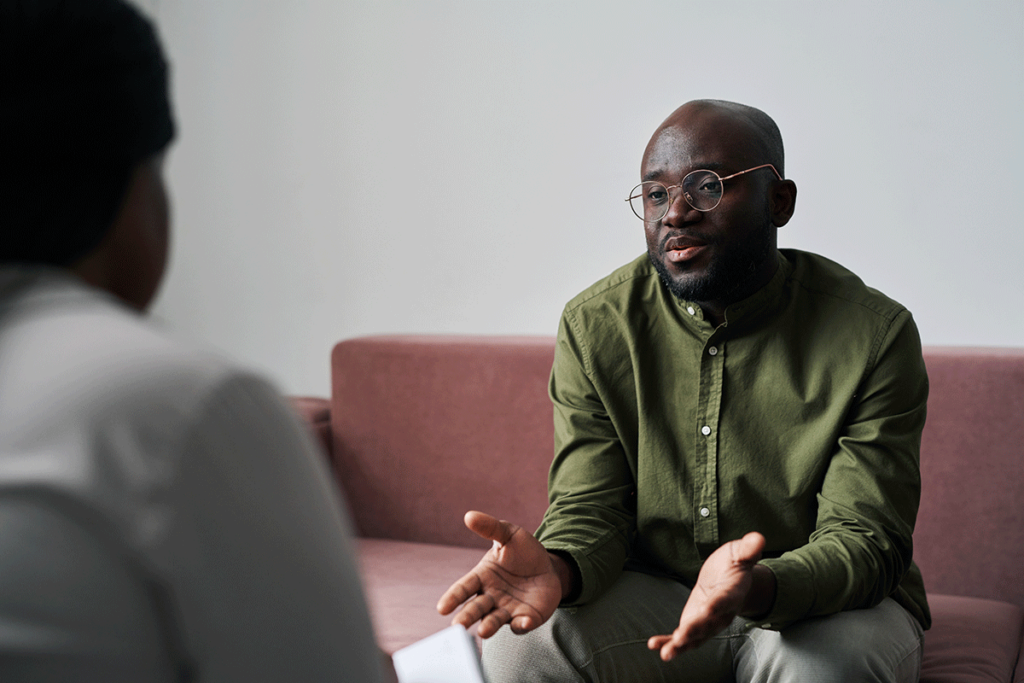Why an Intensive Outpatient Program (IOP) is Necessary for Long-term Recuperation.
Why an Intensive Outpatient Program (IOP) is Necessary for Long-term Recuperation.
Blog Article
The Impact of Holistic Therapies on Mind-Body Recovery in an Extensive Outpatient Program
In the realm of intensive outpatient programs, the consolidation of holistic therapies has actually triggered significant passion and debate among professionals in the field of mental health and wellness and wellness. The exploration of different methods, such as yoga, reflection, acupuncture, and mindfulness methods, increases concerns about their performance in advertising mind-body healing for people undertaking treatment. As the demand for extensive and integrative treatment expands, understanding the influence of these alternative interventions within the organized framework of an extensive outpatient program becomes increasingly vital. The potential harmony in between conventional restorative modalities and holistic techniques in cultivating holistic health stays a subject ripe for exploration and evaluation.
Integrating Holistic Therapies in IOP
Integrating all natural treatments right into Intensive Outpatient Programs (IOP) can improve the overall well-being and therapy outcomes of individuals seeking psychological wellness support. Holistic treatments concentrate on dealing with the entire individual, addressing not only the symptoms but additionally the underlying sources of psychological health and wellness problems. By incorporating methods such as yoga, reflection, art therapy, and acupuncture into IOP setups, clients can experience a more comprehensive method to their treatment.

Advantages of Yoga Exercise and Reflection
By instilling IOP setups with holistic therapies like yoga exercise and meditation, people can access a variety of advantages that add to their mental and psychological wellness - Intensive Outpatient Program (IOP). In addition, yoga exercise improves self-awareness and fosters a feeling of inner tranquility, which can be especially advantageous for people undergoing intensive outpatient therapy.
Meditation, on the various other hand, concentrates on training the mind to achieve a state of clearness and emotional calmness. By integrating meditation right into their routine, people in an IOP can learn to manage racing ideas, enhance focus, and grow a more positive overview on life. Meditation practices have been revealed to decrease signs of PTSD, improve emotional durability, and more tips here promote better sleep patterns, all of which are important components of the recovery process in intensive outpatient programs. Integrating yoga and meditation into IOP setups can considerably boost the psychological and emotional health of individuals looking for alternative recovery.
Acupuncture for Mind-Body Healing
Acupuncture, a typical Chinese medicine practice involving the insertion of slim needles right into details you can try here factors on the body, supplies a distinct strategy to mind-body healing by targeting energy circulation and promoting alternative health. This old method is based on the idea of Qi, the body's essential energy, streaming along meridians or pathways. By boosting details acupoints, acupuncturists aim to recover the equilibrium of Qi, which is believed to be vital for overall wellness and wellness.

In addition, acupuncture is significantly being integrated into Western medicine practices to match traditional therapies for different mental health and wellness disorders, providing a holistic technique that takes into consideration the interconnectedness of the mind and body in visit this page promoting recovery and health.
Mindfulness Techniques in Treatment
Expanding on the realm of alternative therapies, mindfulness techniques play a crucial function in treatment by fostering a much deeper connection between the mind and body for general wellness. In the context of an intensive outpatient program, including mindfulness strategies can aid people develop self-awareness, manage emotions, and reduce stress degrees.

By urging people to observe their ideas without add-on or judgment, mindfulness fosters a feeling of approval and compassion towards oneself. Ultimately, incorporating mindfulness strategies into treatment strategies can encourage people to proactively get involved in their recovery journey and advertise all natural wellness.
Reviewing All Natural Interventions' Effectiveness

By combining quantitative information with qualitative responses, scientists can acquire a more holistic understanding of the efficiency of these interventions in advertising mind-body healing within an extensive outpatient program. Such evaluations are vital for informing evidence-based techniques and optimizing all natural treatment techniques for individuals looking for detailed health.
Conclusion
Finally, the assimilation of all natural therapies such as yoga exercise, meditation, acupuncture, and mindfulness strategies in an extensive outpatient program can have a significant effect on mind-body recovery. These treatments offer an even more thorough approach to treatment by attending to the physical, psychological, and spiritual facets of a person's wellness. Assessing the efficiency of these all natural treatments is important in comprehending their prospective advantages in improving the general recovery procedure for individuals in an outpatient setting.
Report this page